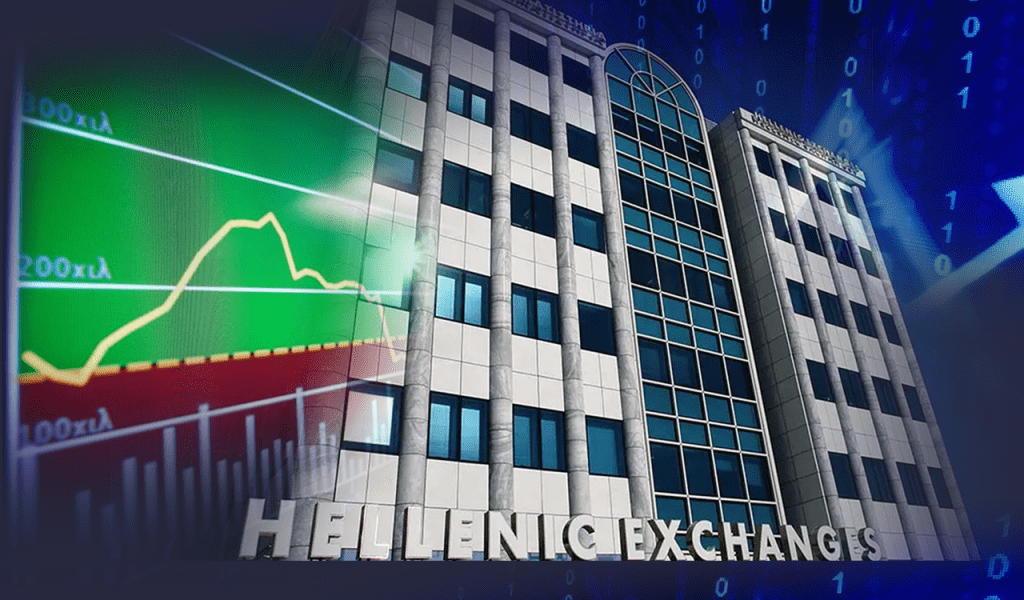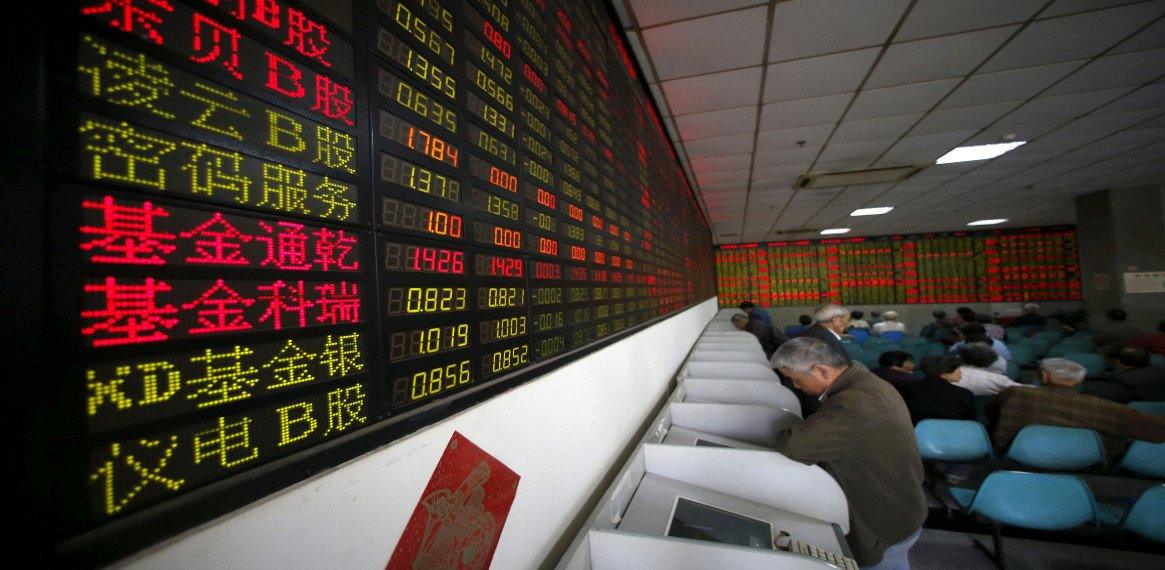Fitch affirmed Greece’s ratings at the end of January at BB with a Stable Outlook, and this reflected the risks to the economic outlook, as well as a degree of confidence in the sustainability of Greece’s public finances, even after the coronavirus shock.
Real GDP declined by 8.2% in 2020, with a particularly sharp fall in exports, where tourism receipts are recorded. We are expecting a robust recovery for this year, and the recovery should start from the second quarter of this year and especially the third quarter. In our Global Economic Outlook we have indicated the middle of this year as the point at which most advanced economies will be able to substantially scale back social distancing measures. Moreover, we expect that the funds available as grants from the EU’s Next Generation EU (NGEU) funds will be front-loaded in 2021 and 2022. For Greece, the grants component amounts to around EUR16billion (around 9% of 2019 GDP). We assume that 10% of these grants will be disbursed and utilised this year, and 60% in 2022.
Despite the recovery expected later this year, the weak carryover effect from 2020 because of the low starting point means that the average growth rate will not be higher than 3.0% this year. Conversely, a much stronger carryover effect from growth in the second half of this year and our assumption on EU grants utilisation means that we expect GDP growth to accelerate to 7.6% in 2022.
This is our baseline case, and there are risks to this baseline. First of all, and in the short term, the current high level of new coronavirus infections may delay the reopening of the economy; the main risk we see for this year is a slow rollout of vaccinations, not just in Greece but also in Greece’s trading partners, which may also slow down tourist arrivals. Another risk, more relevant for next year’s forecast, is slow absorption rate of EU funds, which would slow domestic demand growth.
On the upside, we have seen some strong activity indicators for industrial production across Europe including Greece, indicating that businesses at least in some sectors are adapting to operating in this environment. A faster absorption of EU funds would translate to higher growth, and further out, may improve the Greek economy’s growth potential.



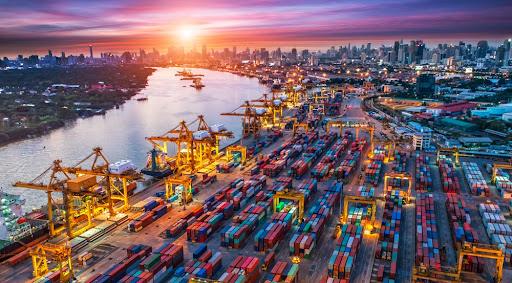

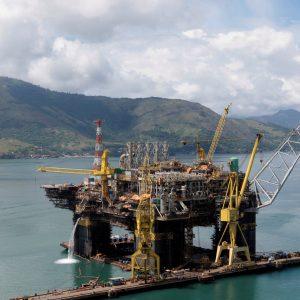

![Πληθωρισμός: Στο 2% υποχώρησε τον Απρίλιο του 2025 – «Φωτιά» στα ενοίκια με άνοδο 10,8% [πίνακες]](https://www.ot.gr/wp-content/uploads/2025/05/inflat-1-300x300.jpg)




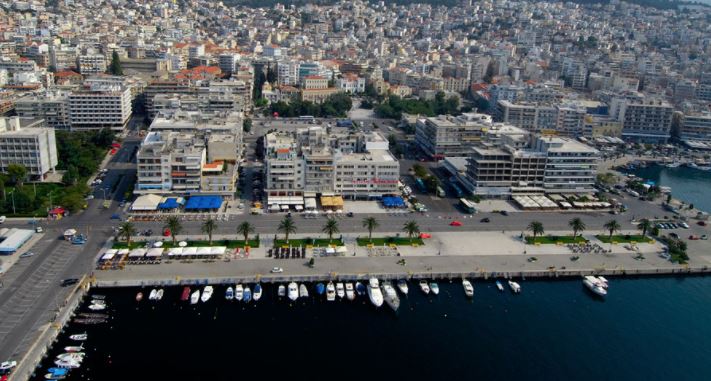
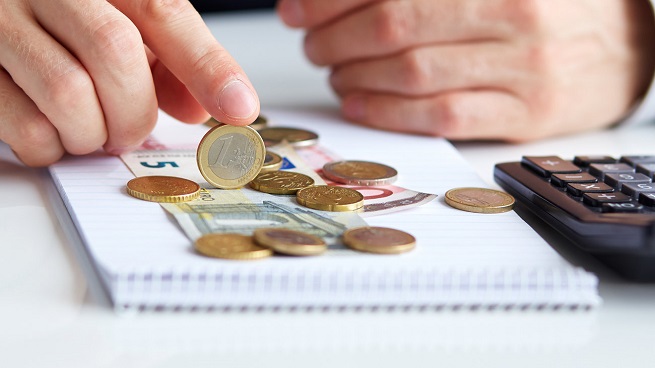




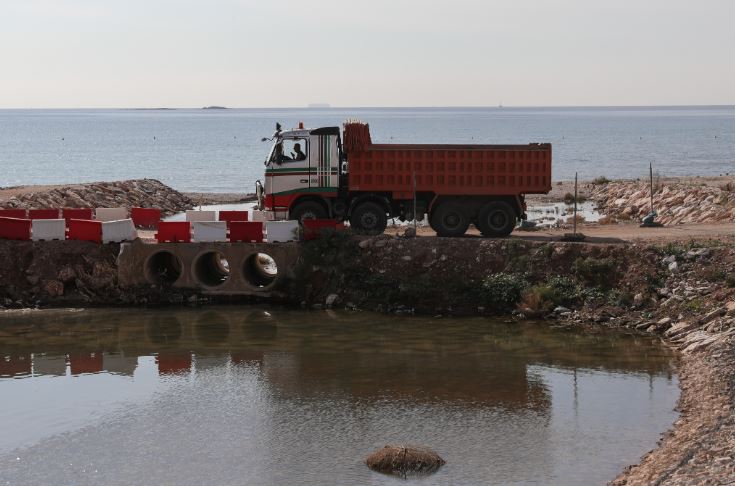


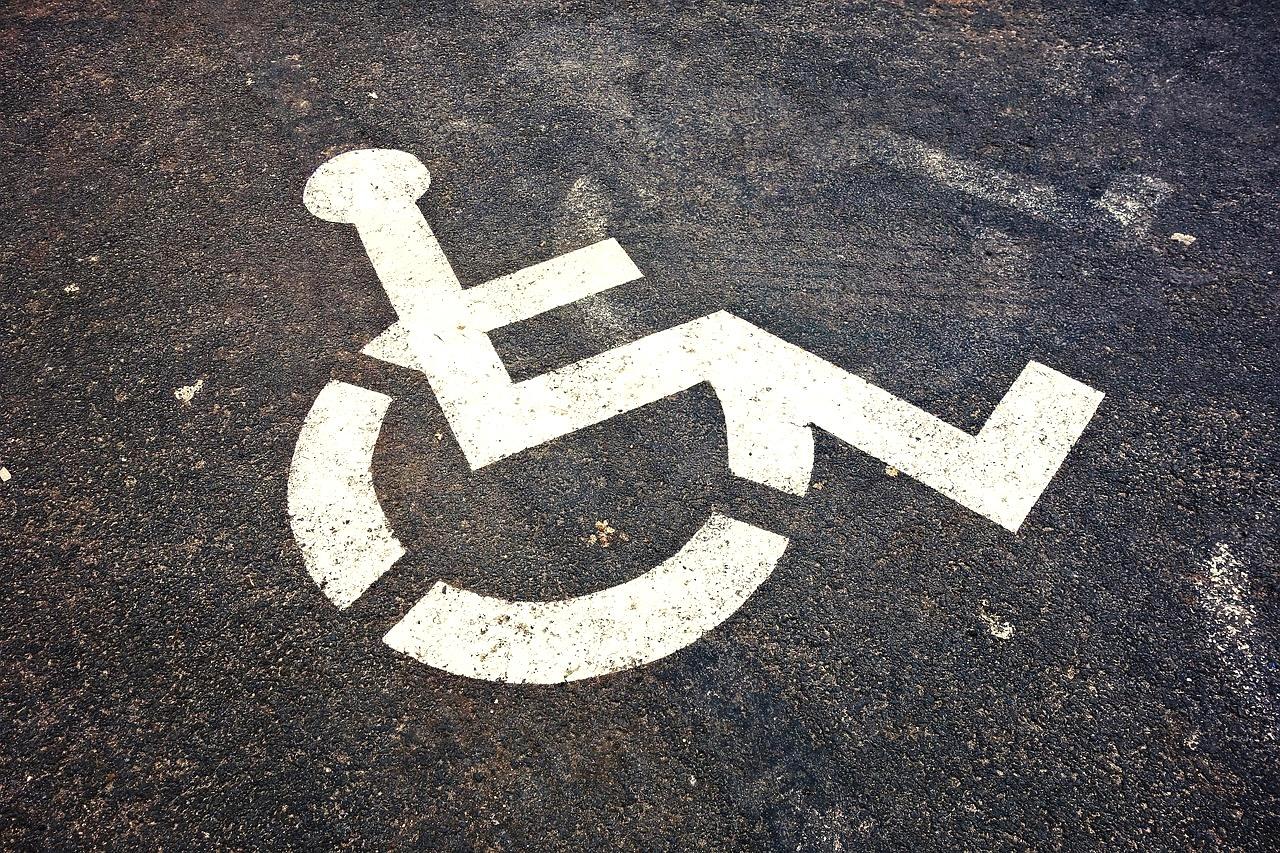

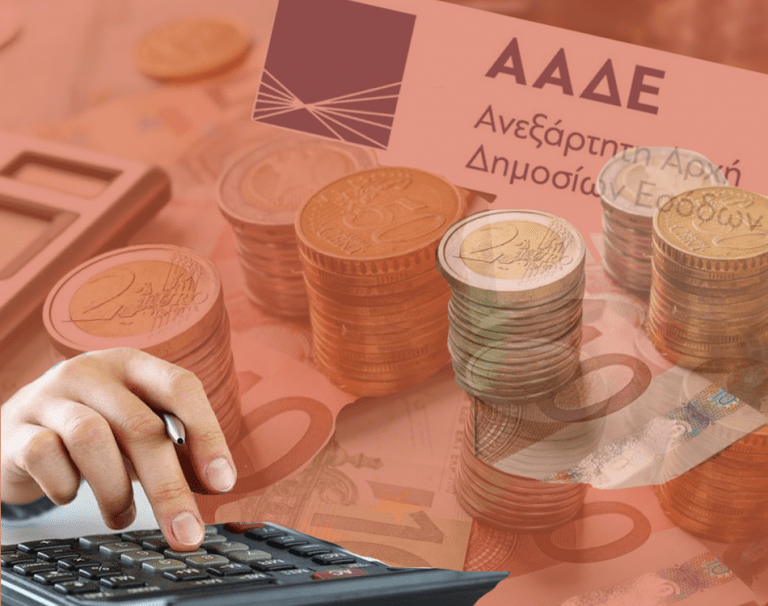
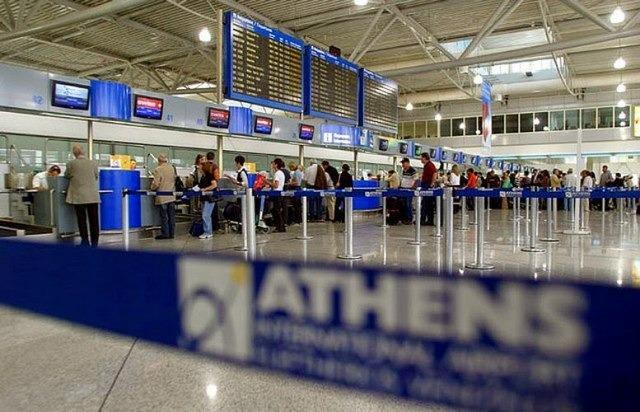


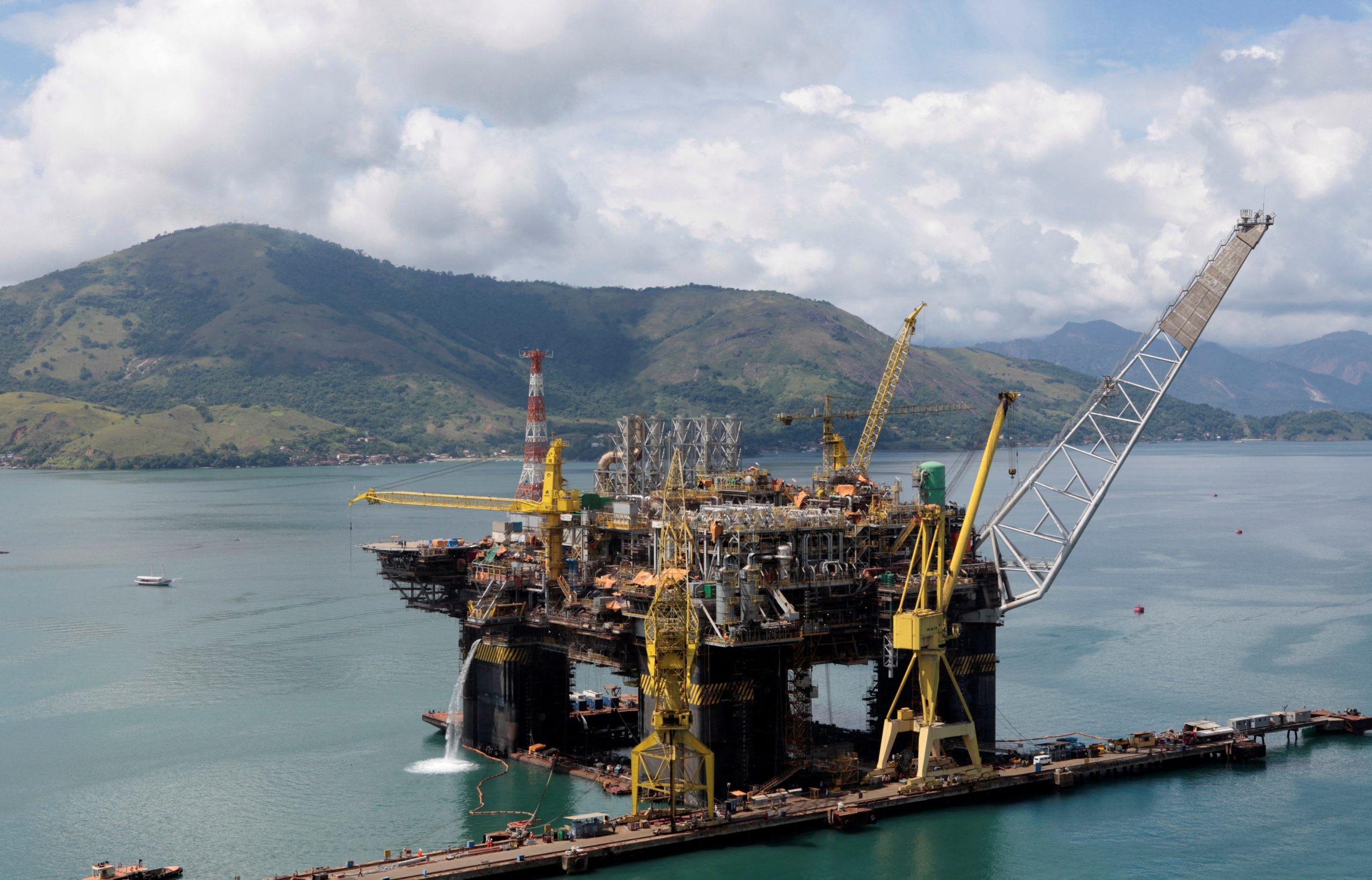

![Πληθωρισμός: Στο 2% υποχώρησε τον Απρίλιο του 2025 – «Φωτιά» στα ενοίκια με άνοδο 10,8% [πίνακες]](https://www.ot.gr/wp-content/uploads/2025/05/inflat-1.jpg)







